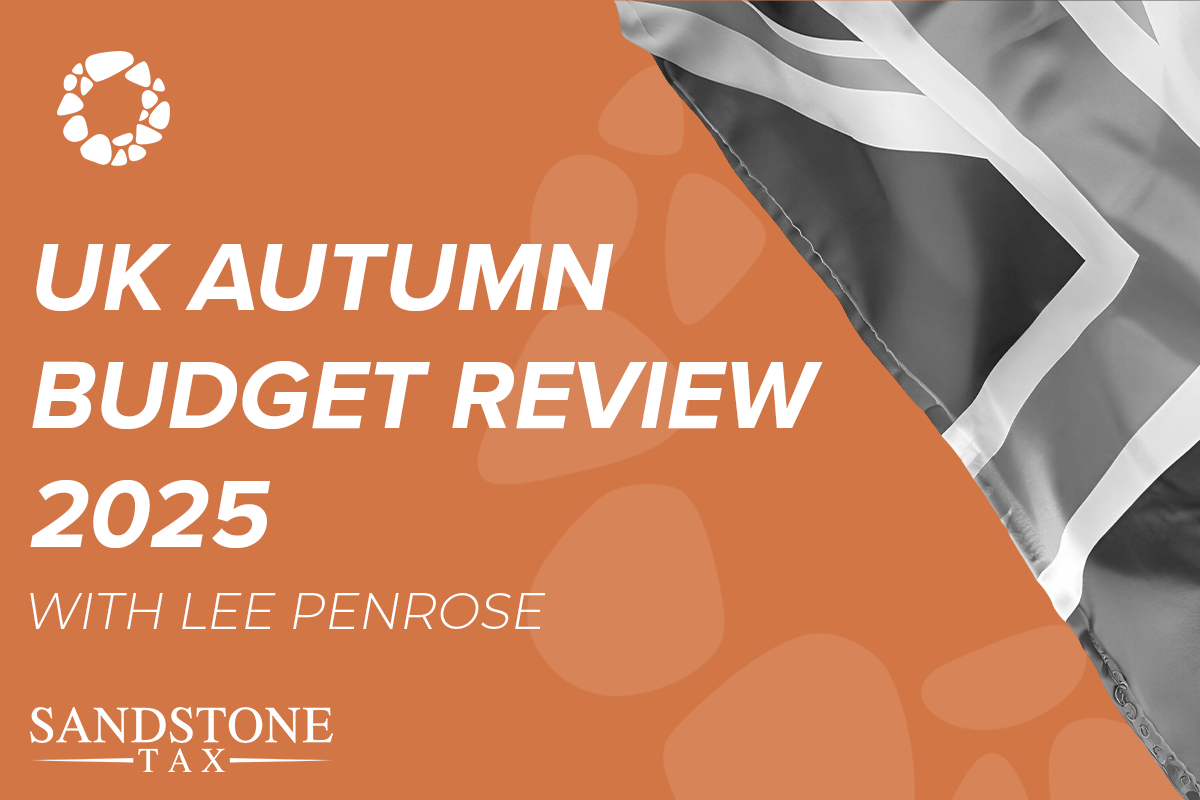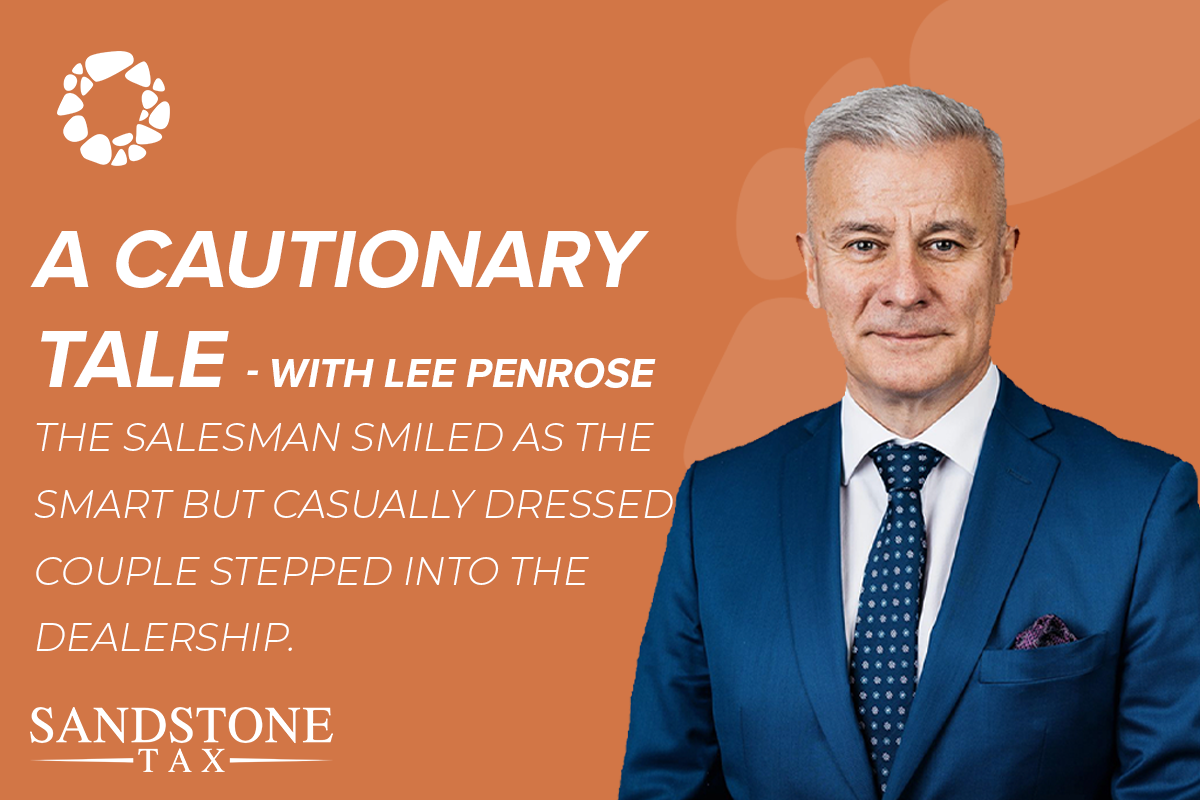The Isle of Man: The solution hiding in plain sight.
Immigration and emigration are part of the natural ebb and flow of modern economies with the statistics hiding a myriad of individual stories for each person involved. Some travelling for economic reasons either to find work or because of work. Some for education. Some for family or health reasons and some for what they perceive to be a better life especially when perhaps also escaping from strife and tyranny.
To an extent these inflows and outflows are also a good barometer for the attractiveness of a country though of course, this is all relative depending on the perspective of the individuals involved. For some leaving war torn and impoverished countries the United Kingdom may be perceived to be a place of safety and opportunity with excellent social welfare, though at the same time there may be people looking to leave the UK as they feel insecure, with worries for the next generation and concerns about the lack of opportunity in a shrinking economy with a burgeoning state.
Government policies create a chain causation. A linked series of events leading from cause to effect. Political decisions are made often by ideology, and the chain of causation is deliberate. If governments want to retain or attract wealth, talent, and investment, they must create a compelling environment that inspires, unites, and instils pride with policies that make a country a destination not a departure point.
A decision to sell up and to leave a country that has been your home and is ingrained in your identity is not an easy decision though a lot depends on the attitudes of the individuals involved. Nevertheless, it is important to remember that even the most reluctant will have a tipping point. From a tax perspective, physically leaving may be the ultimate tax avoidance strategy, at the end of the Laffer Curve, when the imposition of high tax rates become unacceptable for taxpayers. For others the tipping point may be socially triggered perhaps by a feeling of being unsafe with deteriorating system.
With the ending of the historic UK domicile rules the key factor is now residency

The initial wave of leavers comprised many of the most mobile with the fewest ties to sever. Leavers who were the most open to the adventure of a new start abroad. Uniquely within this cohort was a significant number of non-domiciled individuals who, after many years of being welcomed into the UK (often together with their significant investment in UK society and businesses) suddenly, found themselves to be less welcome facing significant taxation on their non-UK interests if they were to continue to stay in the UK.
From my discussions over this last year with private client lawyers, tax advisors and immigration specialists this initial (and very significant) first wave of leavers left quickly often before the new rules came into effect.
Despite the UK Government’s decision to remove or reduce concessions there are many countries that will accept those leaving with open arms, such as Dubai, Singapore, Hong Kong, Switzerland, Italy, Malta, Portugal, Spain etc.., many offering significant concessions to new entrants as well as a good quality of life.
Some of the initial leavers also moved to the Isle of Man, attracted by its location and the opportunities in our growing financial services, technology and specialist industries.
A sense of excitement and opportunity would be understandable for those travelling to areas such as the Middle East and the Far East, but it sometimes easy to forget that, whilst very attractive, these areas also have their own geopolitical issues.
It is somewhat ironic that whilst many are leaving the UK and taking their wealth and assets to areas such as the UAE and Singapore, many long established Middle East and Far East families look to set up structures and hold wealth and assets outside of the same regions in places like the Isle of Man, as it is considered to be a safe and stable location to hold wealth, with good proximity to UK investments in these uncertain times.
If I was advising a client who is leaving the UK and considering relocating abroad, I would recommend setting up a structure, perhaps a trust, company or foundation on the Isle of Man to hold part my international wealth to provide flexibility against changing circumstances. Many movers may find over time that their chosen location does not suit them. Creating an external wealth holding structure outside of the region makes it easier to just move somewhere else should circumstances change.
Of course, there are often tax issues to consider when changing location so taking good and appropriate tax advice for any international structure is vital ahead of any move.
Whilst most of the initial stage of leavers from the UK have already left we now see the next stage of the exit wave, the late adapters and reluctant leavers.
The ideal solution for many in the situation would be to leave the UK but remain in the British Isles. In the respect the Isle of Man is the answer hidden in plain sight
The demographic of this latter phase of the exodus often comprises those with “sticky” connections to the UK. They may be a little older and less inclined (or feel less able) to move to the other side of the world, to live in a new culture, learning new languages and ways. Their “sticky” connections may comprise family in the UK, perhaps in care homes or in education, and/or successful generational family businesses (such as farms or manufacturing businesses). They may also have become increasingly concerned that UK society no longer represents and addresses their personal values and concerns.
Such reluctant leavers may not want to be too far away from their family and business interests, but they feel there is a real risk if they were to stay. There may be a fear that recent (and expected future) UK Government tax changes will directly threaten their financial security (such as their pensions) with the risk that their generational family business may be forced to close to pay the inheritance tax due when the worst happens. The ideal solution for many in this situation would be to leave the UK but to remain in the British Isles.
In this respect the Isle of Man is the answer hidden in plain sight. In leaving the UK with advice it is possible over time to cease paying UK income tax, capital gains tax and after 10 years exclude your non-UK assets from inheritance tax. With careful planning it is possible to change from working “in” the UK to working “with” the UK legitimately extracting value for the work you are doing from outside of the UK.
However whilst you may want to be outside of the UK, at least until the current situation changes, you may want to be nearby to relatives in the UK in care or in education and you may also need to be available to guide and assist the next generation, in the same time zone and a short flight or boat journey away when needed. With the ending of the historic UK domicile rules the key factor now is residency. A reluctant leaver will need to establish he or she is resident outside of the UK and keep records to prove that this is the case. Living in a location like the Isle of Man where it is possible to fly to Manchester in 30 minutes or London in 50 minutes provides accessibility to the UK (and international) locations but importantly enables IOM residents to ensure that they do not overstay the allowed time to visit the UK causing them to revert to being UK resident (this can be identified by a good tax advisor).

With reduced rates of income tax, no capital gains tax, no inheritance tax and zero percent corporation tax the Isle of Man is the ideal location to live, hold assets and to build an international business.
Apart from the Isle of Man, there are other destinations such as Jersey and Guernsey available to the reluctant leaver, but whilst all offer an excellent quality of life, not all are as easily accessible.
Jersey and Guernsey have high value residence programmes in the Jersey case requiring total wealth over £10m and restricting property purchases to £3.5m for a house on the Island. These restrictions may suit individual leavers but are not ideal for those leavers who may also want to set up a business on the island with the view of bringing over key employees from the UK.
In comparison anyone can purchase property and move to the Isle of Man if they are able to live in the UK. Such new entrants can also purchase commercial property and employ staff. Indeed, the Isle of Man Government may also assist with grants for new businesses creating employment and opportunity on the island. Key staff are also able to relocate as whilst the Island has work permit laws the main focus is unskilled labour.
With careful planning a new entrant and business startup can legitimately trade with existing UK businesses which can be an effective way internationalising their business. The island’s population is diverse but has integrated over time and there is a strong sense of shared (some would say old fashioned) values. The island is a safe place to live in the British Isles, with low crime rates and excellent standards in healthcare and education. It is the only full jurisdiction to be awarded a UNESCO Biosphere status with many areas of outstanding natural beauty.
For late adapters/reluctant leavers looking to leave the UK but who need to remain close in the British Isles the Isle of Man is the answer that is hidden in plain sight.
With the UK Budget and the likelihood of increasing tax consequences, if you or your clients are grappling with some of the issues in the article, I believe the Isle of Man is really the only viable option and should be an essential part of any planning toolkit.
Read the full article from More Magazine's 2026 edition here: https://online.fliphtml5.com/KUP1/More-Magazine-2026/






.svg)
.svg)
